Does your bearded dragon seem to insist on eating the same handful of foods, ignoring everything else? If this is the case, you’re probably feeling worried and frustrated.
Feeding Too Often
How often do you feed your bearded dragon? Does it look like this?
- Hatchlings (0-6 months old): Insects 2x/day, vegetables daily
- Juveniles (6-12 months): Insects 1x/day, vegetables daily
- Adults (12+ months old): Insects 1-2x/week, vegetables daily
If you’re feeding your bearded dragon more than outlined above, it’s possible that you’re feeding them too much. A hungry reptile isn’t a picky reptile, you see. It’s an evolutionary survival mechanism: In the wild, food is hard to find, so a bearded dragon that is picky about what to put in their stomach is more likely to starve to death. In other words, if they want to survive, they have to eat what’s available.
If overfeeding is your problem, the easiest solution is to correct your feeding schedule. This should help your dragon feel more hungry when mealtime comes around. Occasionally skipping a feeding, whether that’s salad, insects, or both, can also help keep your dragon motivated to eat.
Too Many Bugs
This is related to the above problem. Even if you are feeding your bearded dragon on an appropriate schedule for their age, if you offer too many bugs per feeding, it’s possible that your bearded dragon simply isn’t hungry for salad.
Proportions are important! Hatchlings should have 60-80% as insects, 60% for juveniles, and just 15% for most adults, unless you have a female that is working on eggs or recovering from laying them.
Too Many Treats
It’s always fun to give treats to our pets! Bearded dragons always look so happy when going after superworms or demolishing a strawberry. However, if your dragon is used to getting lots of high-fat and/or high-sugar treats on a regular basis, they can quickly lose their taste for normal, healthier foods — just like you’d probably rather have chocolate and bacon all the time, but they’re still not very good for you.
Keep the treats to a minimum in order to maintain your dragon’s interest in foods that are lower in fat and/or sugar. One small treat 1x/week is plenty. Exercising more self-control in this aspect will also help guard against tooth decay, obesity, and organ dysfunction. If you still crave that kind of interaction with your bearded dragon, try hand-feeding your dragon rather than offering their food in a bowl!
Limited Diet
Alternatively, maybe the problem is that your bearded dragon’s diet has stagnated. If you’ve been feeding your dragon the same crickets and superworms from the pet store and collard greens and spring mix from the grocery store, one of two things is likely to happen:
First, your dragon may get so used to eating these foods that it doesn’t recognize anything else as food. Or, it may be so used to what’s familiar that it doesn’t find other foods palatable. The other possibility is that your dragon is so used to getting the same old thing every day that it has lost interest in eating.
Either way, limited diet is a problem because variety is necessary to balanced nutrition. When your dragon eats the same handful of foods every time, eventually it’s likely to develop a nutritional deficiency. Whatever the situation, the solution is more or less the same: remove familiar foods from your dragon’s routine and offer other things until your dragon gets hungry enough to consider alternative possibilities.
Note, however, that each bearded dragon is an individual, and sometimes they simply don’t like the taste of a particular food. If your dragon consistently rejects something, even when their favorite food has been removed from the rotation for a while, that means you should try something else.
Illness
Bearded dragons are very skilled at hiding when they’re not feeling well. This helps them avoid predators in the wild, but as pets, this talent tricks their owners as well. One of the first ways that bearded dragons “tell” their owners that they’re not feeling well is through sudden, seemingly-unexplained appetite loss.
If your bearded dragon has suddenly become very picky about what they’ll eat, and none of the above solutions are working, check your pet’s husbandry. Are the basking or air temperatures suddenly too cool? Has your UVB lamp expired? (UVB lamps need to be replaced every 12 months.) Is there something else that stands out to you when you review our bearded dragon care sheet?
If you still can’t find an explanation, take your bearded dragon to an experienced reptile veterinarian for examination.
"Central Bearded Dragon" by fro_Ost is marked with CC BY-NC-ND 2.0.

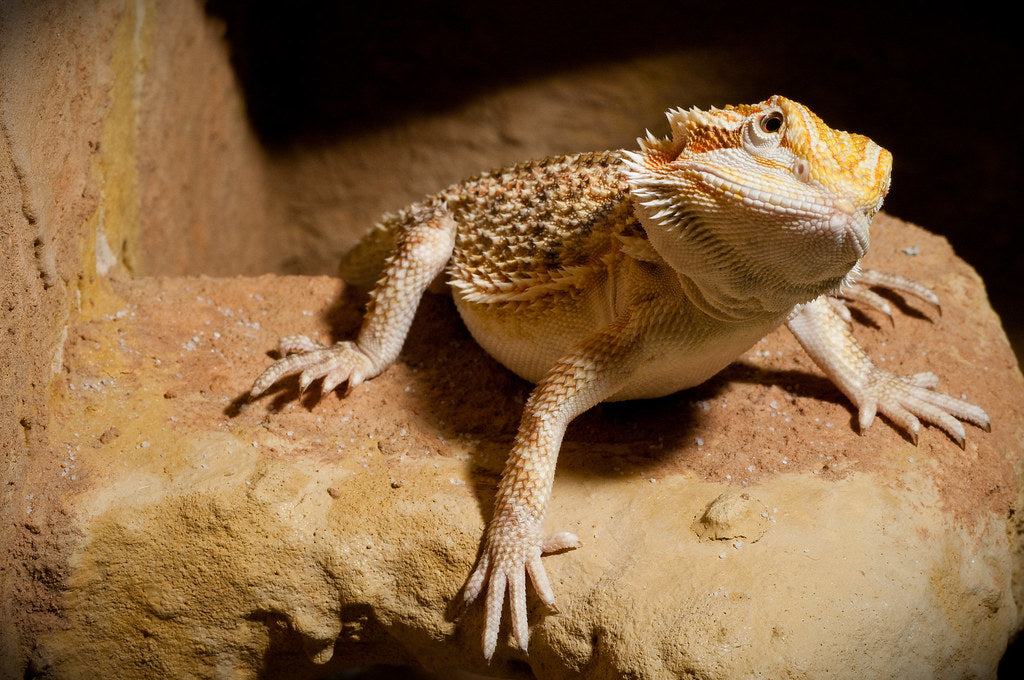
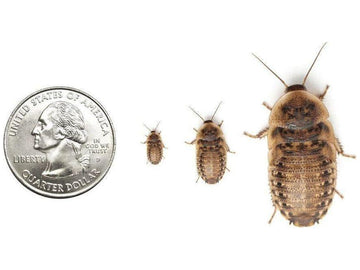
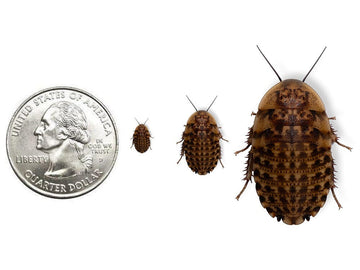
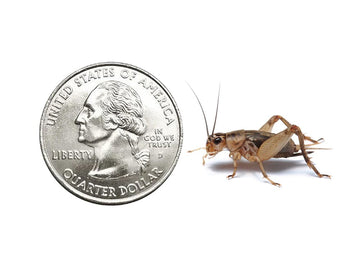
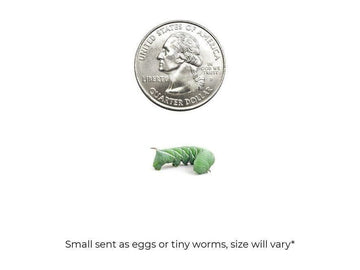
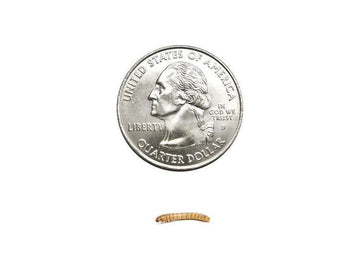
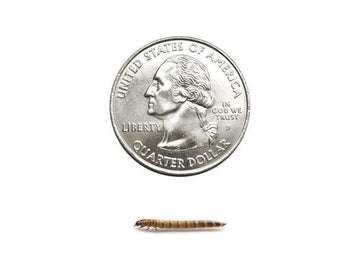
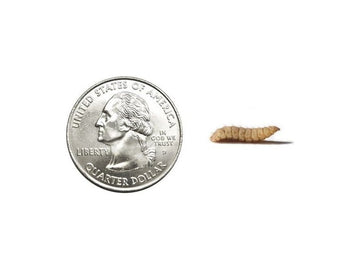
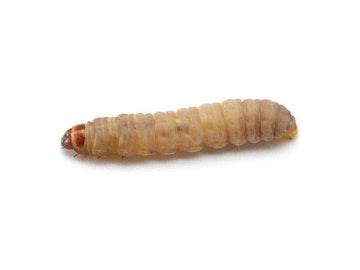


1 comment
Sunset never ate greens. When he refused all bugs and worms, he had to be syringe fed baby food veggies.That lasted three weeks. Using a hornworm in the salad guarantees he will get a mouthful of greens. It’s not easy with a picky eater.